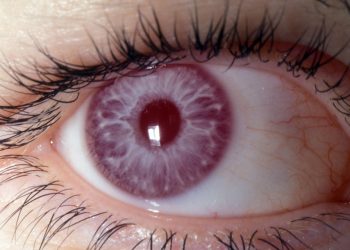Causes and Types of Ataxia
Ataxia can arise from genetic mutations, damage to the cerebellum, or external factors such as infections, toxins, or injury. Understanding the type of ataxia helps guide diagnosis and treatment. Learn more about the causes and types of ataxia below.
1. Hereditary Ataxia
Passed down through families, often caused by gene mutations:
- Friedreich’s ataxia – affects the spinal cord and peripheral nerves; usually begins in childhood or adolescence
- Spinocerebellar ataxia (SCA) – a group of inherited disorders affecting the cerebellum; may begin in adulthood
- Ataxia-telangiectasia – a rare childhood disorder that also affects the immune system
2. Acquired Ataxia
Caused by damage to the brain due to:
- Stroke
- Multiple sclerosis
- Brain tumour
- Head injury
- Alcohol abuse
- Vitamin B12 or E deficiency
- Certain medications (e.g. chemotherapy, antiepileptics)
- Infections such as meningitis or encephalitis
3. Idiopathic Ataxia
- No known cause is identified
- May remain stable or slowly progress
- Diagnosed by excluding other conditions
Risk Factors:
- Family history of ataxia
- History of neurological injury or disease
- Chronic alcohol use
- Nutritional deficiencies
In regions of South Africa where TB and HIV are more prevalent, infections of the brain or spinal cord may also present with ataxia as a complication.


